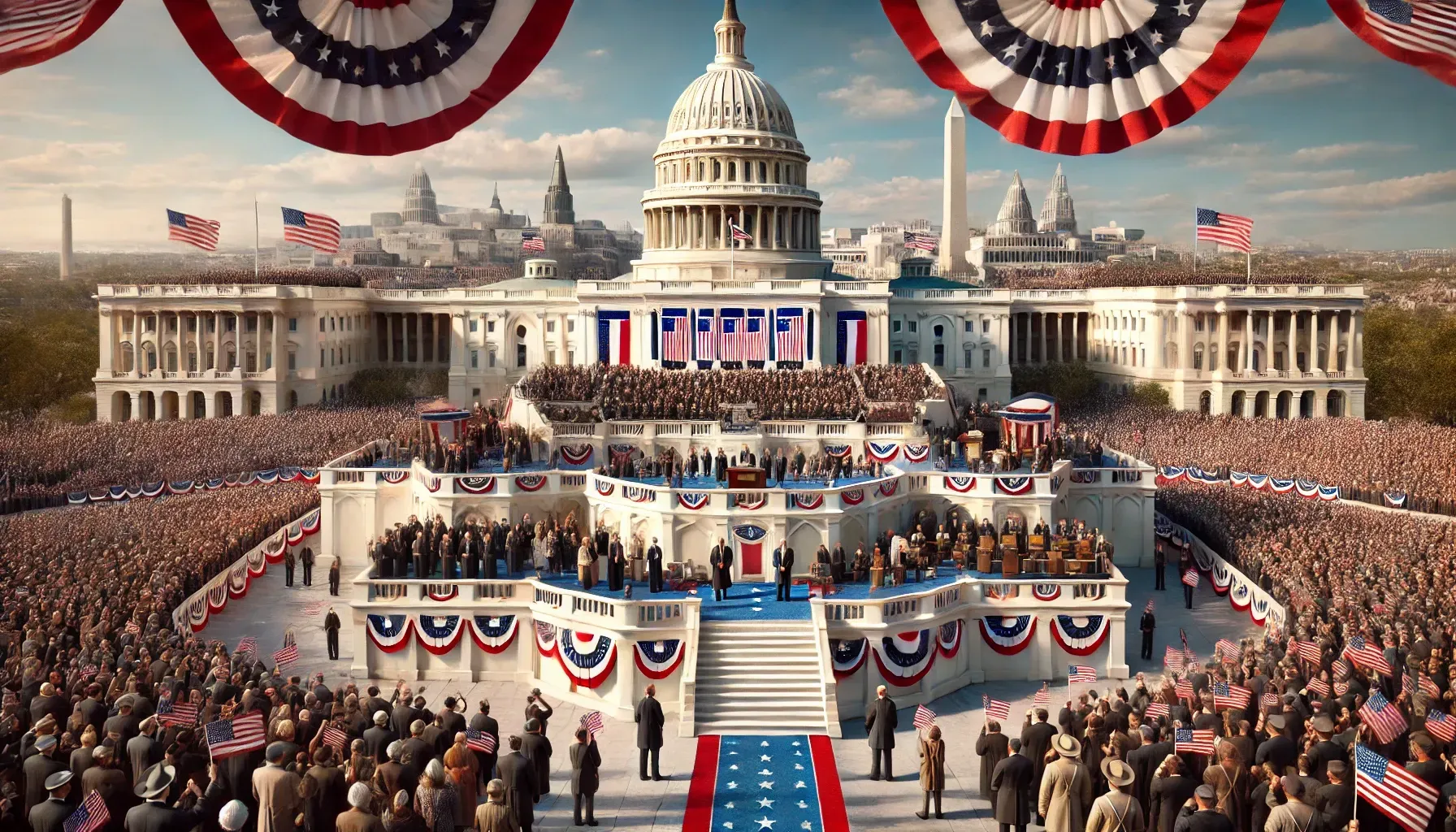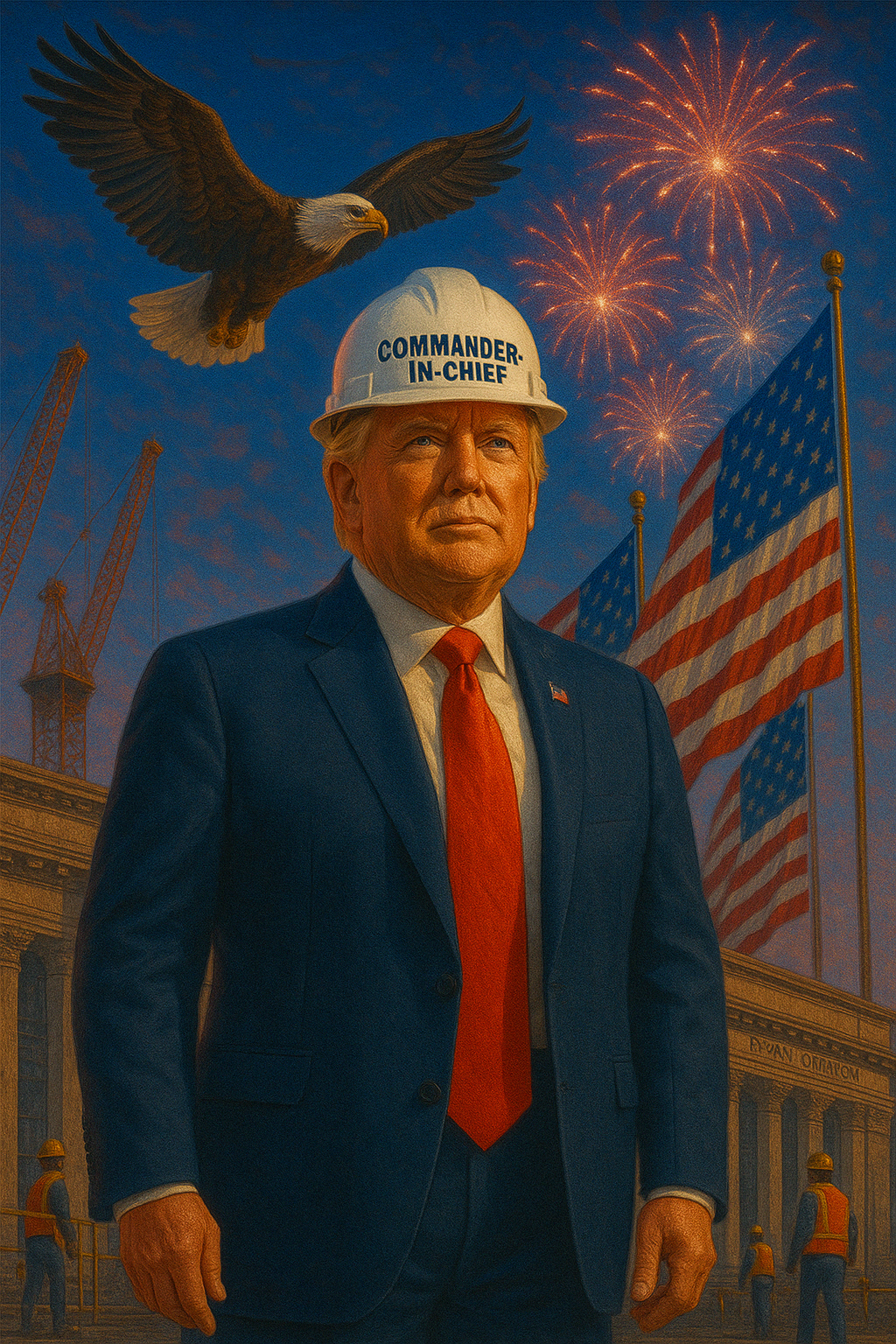🎉 Make Inaugurations Great Again! 🇺🇸

"Trump’s Inauguration: A Historic First in Global Spotlight"
For the first time in U.S. history, foreign leaders have been invited to a U.S. presidential inauguration, breaking a precedent dating back to 1874. This decision has drawn international attention, as key world leaders weigh their attendance at President-elect Trump’s upcoming ceremony.
A Shift in Diplomatic Norms
Traditionally, U.S. presidential inaugurations have been domestic affairs, with foreign nations typically represented by diplomats. By inviting foreign heads of state, President-elect Trump signals a potential shift in diplomatic engagement, aiming to strengthen global relationships from the outset of his administration.
National Security Council spokesman John Kirby highlighted Trump’s role in shaping the guest list, stating, “It’s going to be up to President-elect Trump to decide who’s going to sit there with him at the inauguration.”
Confirmed Attendees
Several world leaders have confirmed their attendance, underscoring the historic nature of the event:
Argentine President Javier Milei
Milei will attend, marking the first time an Argentine president will participate in a U.S. inauguration.
French President Emmanuel Macron
Macron, who recently hosted Trump in Paris at the Notre Dame reopening, has confirmed his presence to strengthen U.S.-France relations.
Pending Attendance
Some leaders have received invitations but have not yet announced their decisions:
Chinese President Xi Jinping
Xi has been invited, but it is unlikely he will attend personally. A senior Chinese delegation is expected to represent China instead.
Italian Prime Minister Giorgia Meloni
Meloni’s attendance remains unconfirmed despite receiving an invitation.
Salvadoran President Nayib Bukele
Bukele is considering the invitation but has cited security concerns as a possible obstacle.
Hungarian Prime Minister Viktor Orbán
Orbán has been invited but has yet to announce his decision.
Not Invited
Notably absent from the invitation list is Russian President Vladimir Putin, reflecting continued strained relations between Washington and Moscow.
Balancing Diplomacy and Policy
Trump’s willingness to invite foreign leaders highlights his belief in leader-to-leader diplomacy, even amid tensions on critical issues. For instance, the U.S. has set a January 19 deadline for ByteDance, TikTok’s Chinese parent company, to divest its U.S. operations or face a ban. This deadline, one day before the inauguration, could influence Xi Jinping’s decision to attend.
A New Global Stage
Unlike his first inauguration in 2017, when Trump was relatively new to global politics, this time he is treated as an established figure. The confirmed attendance of figures like Javier Milei and Emmanuel Macron, coupled with high-profile invitations, underscores the event’s global importance.
As the world watches, Trump’s inauguration is poised to set a new precedent for international engagement in U.S. political traditions. Whether Xi Jinping and other leaders decide to attend will undoubtedly shape the significance of this historic day.



